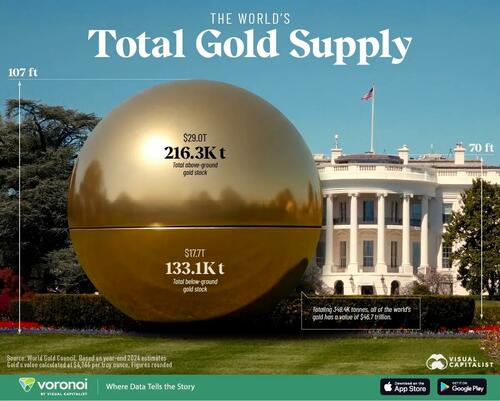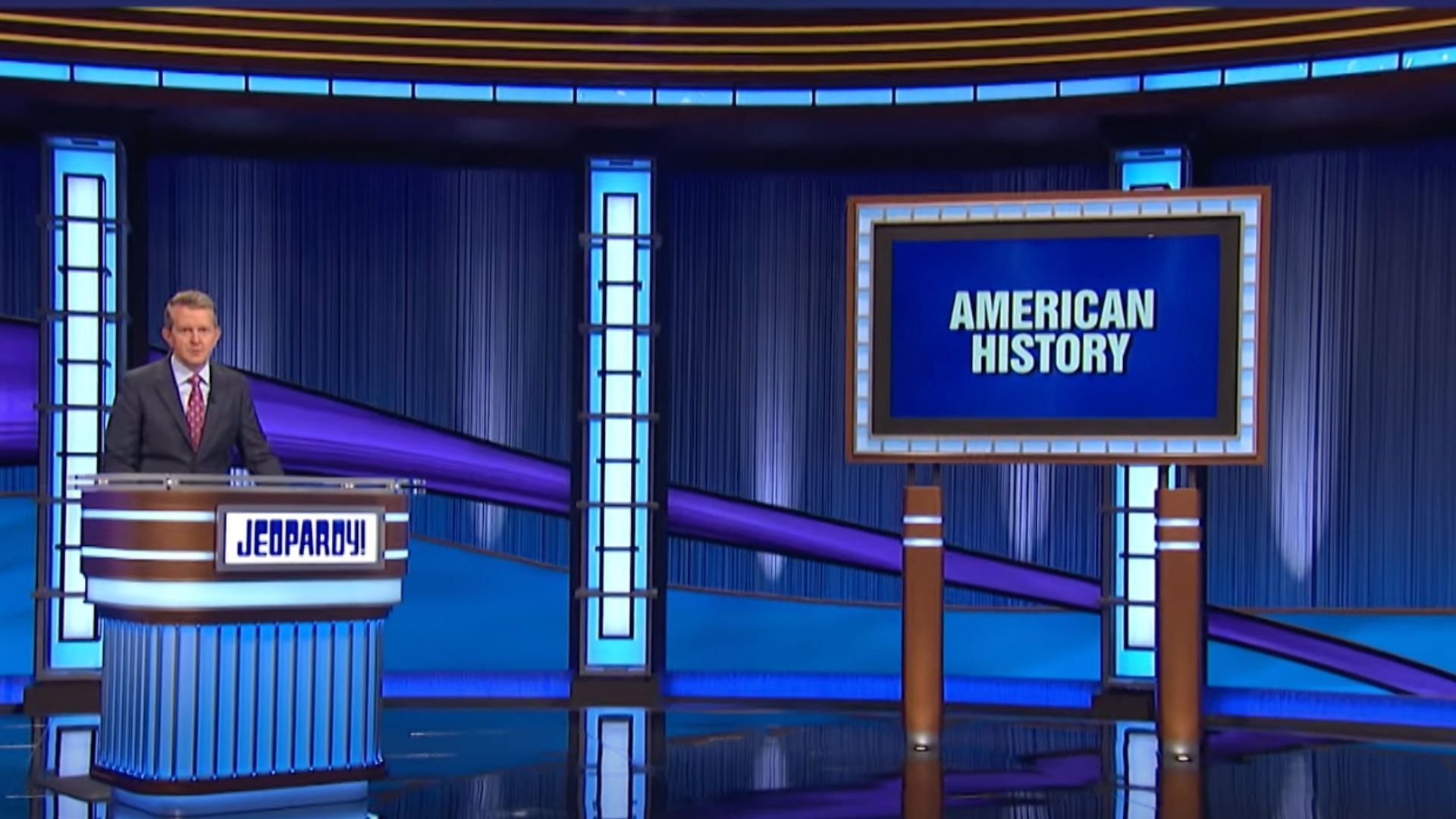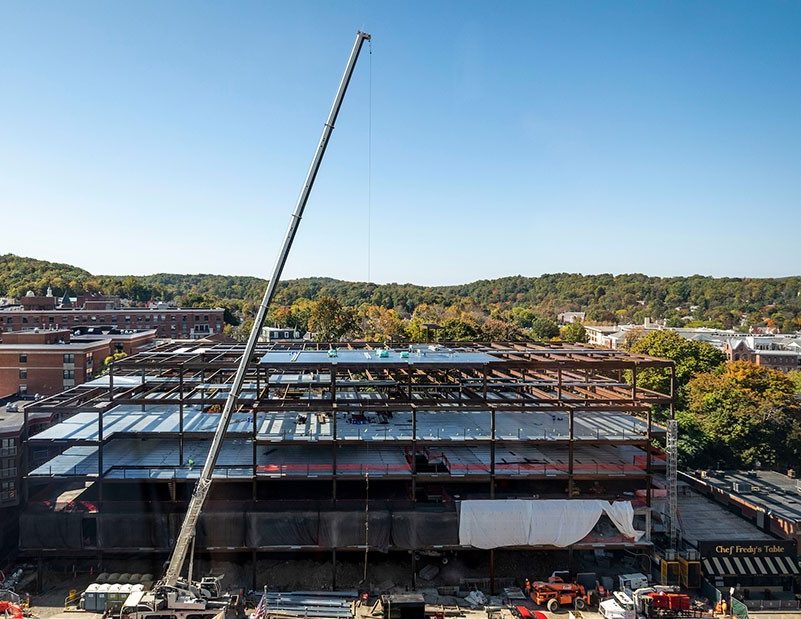The 20th National Congress of the Chinese Communist Party is well underway in Beijing. Over 2,000 of China’s most important politicians, soldiers and bureaucrats have gathered to discuss the future direction of the world’s second largest economy. With President Xi Jinping set to retain power, the new Congress will also unveil the next generation of China’s political leadership. Mint breaks down the importance of the party congress:
What is the significance of the party congress?
The event is among the most important on China’s political calendar. It takes place once every five years and matters for a few key reasons. In normal circumstances, a party congress is used to anoint the next generation of China’s leaders. For example, Xi was introduced to the world as China’s future president during the 17th National Congress in 2007.
The assembled delegates pick members of China’s 371-strong Central Committee, which in turn chooses the 25-member Politburo. Finally, there is the all-powerful seven-man Politburo Standing Committee, which functions as a core decision-making body. Older leaders, generally those 68 and above, are retired while promising younger members are promoted. CCP factions and party elders grapple to appoint their own members to positions of authority through closed-door dealings.
Apart from the sneak peek it gives into the closed world of China’s elite politics, the congress also reviews the national progress made over the course of the previous five years. It also charts a course for the country over the next five years.
What is expected to happen?
Ordinarily, presidents of China, who are also general-secretaries of the party, serve for two five-year terms before being replaced. China’s premier, who typically heads the day-to-day operations of government, is also changed after a decade. However, President Xi is widely expected to secure an unprecedented third term in office. He has also broken with past precedent by appointing no clear successor. Senior officials, like Premier Li Keqiang, will retire this year. This means that Xi will continue consolidating his power by appointing allies and loyalists to senior positions in an attempt to shore up his rule.
Experts are looking out for key changes in how the party will choose to honour Xi. Some expect him to take on the grandiose title of “Chairman” of the CCP. Such title has been used since the time of Mao Zedong’s death in the 1970’s and would affirm Xi’s status as the most powerful Chinese leader in decades
What has already happened?
Xi made a key speech to open the congress. His remarks, which involved a good deal of patting his own administration on the back for its successes, indicated more continuity than change. China has given up its earlier obsession with GDP growth for good and will now focus on sustainable and green growth. Its “Zero COVID” strategy, which some say has put the brakes on economic growth, will continue for the foreseeable future. Xi’s signature foreign policy moves will also continue. He doubled down on China’s crackdowns in Hong Kong and has defended his aggressive policy vis-a-vis Taiwan.
What are the consequences for China and the world?
Xi’s move to concentrate power and centralise decision-making authority means that the world’s most populous nation is now dependent on the leadership of one 69-year old man. Given that Xi does not have a formal successor, political crisis may ensue if Xi passes away or is otherwise incapacitated. Xi’s continued presence at the centre of Chinese politics means that increasing tensions with the United States are likely to become the order of the day. For India, it also means that a resolution of the border crisis which began in April 2020 is unlikely to occur. This is because the crisis was largely precipitated by the actions of the Xi administration and the subsequent gridlock in talks with New Delhi has continued on his watch.
Download The Mint News App to get Daily Market Updates.
More
Less















